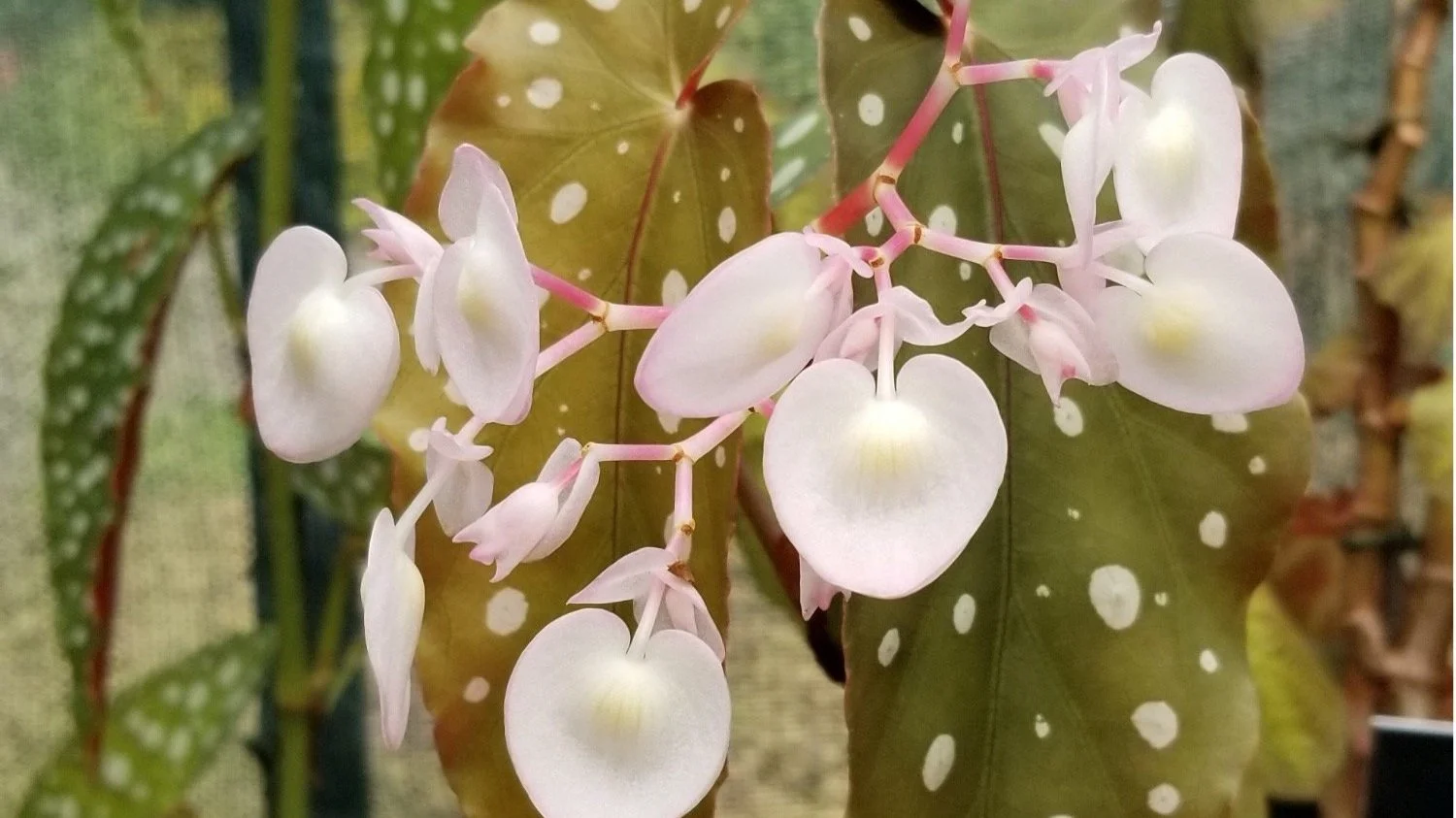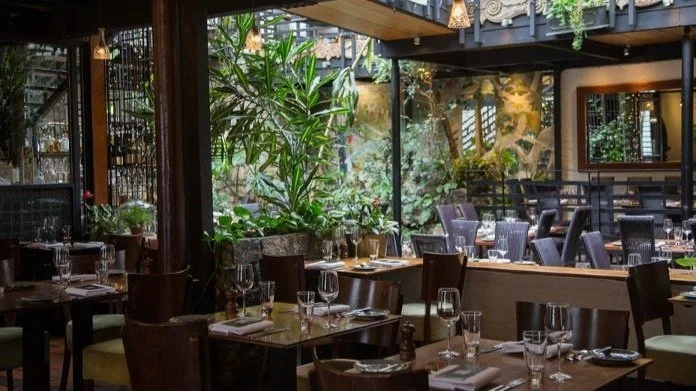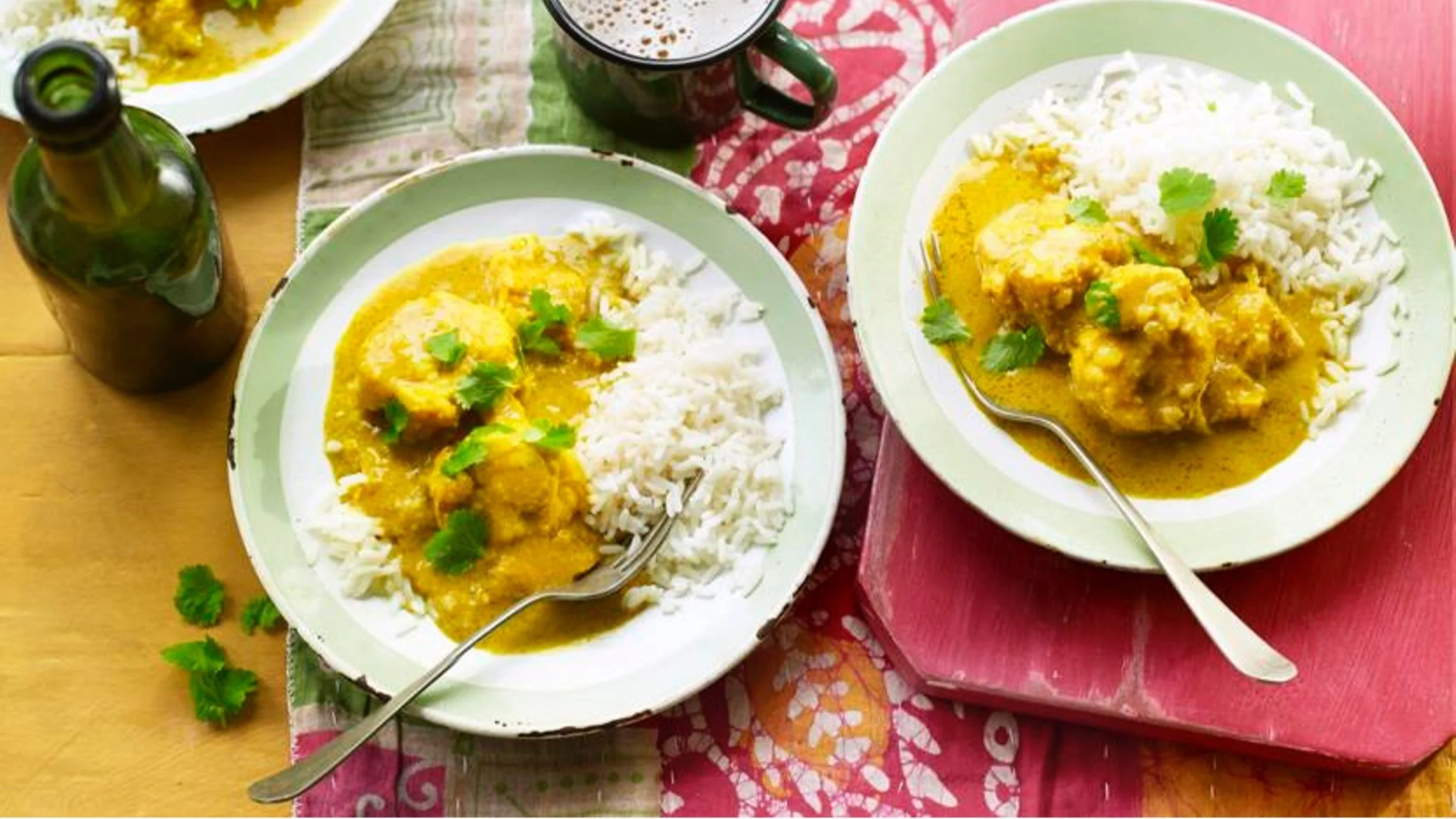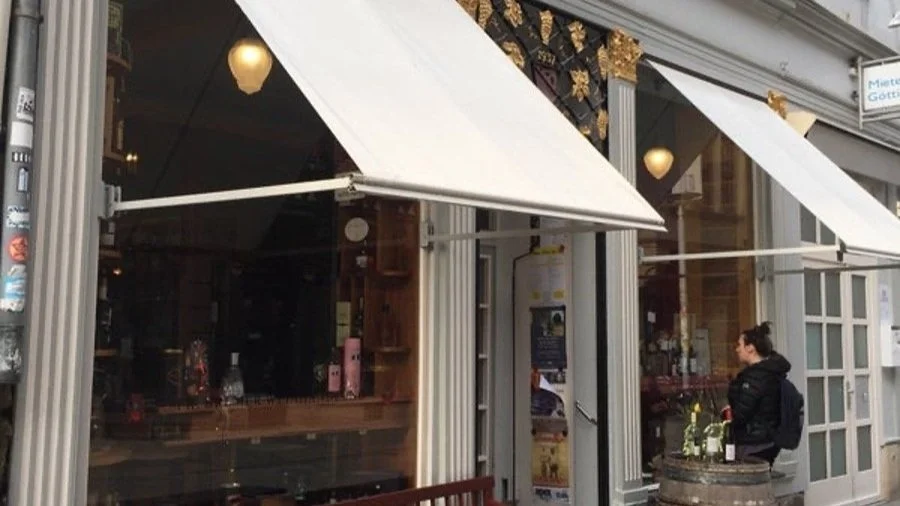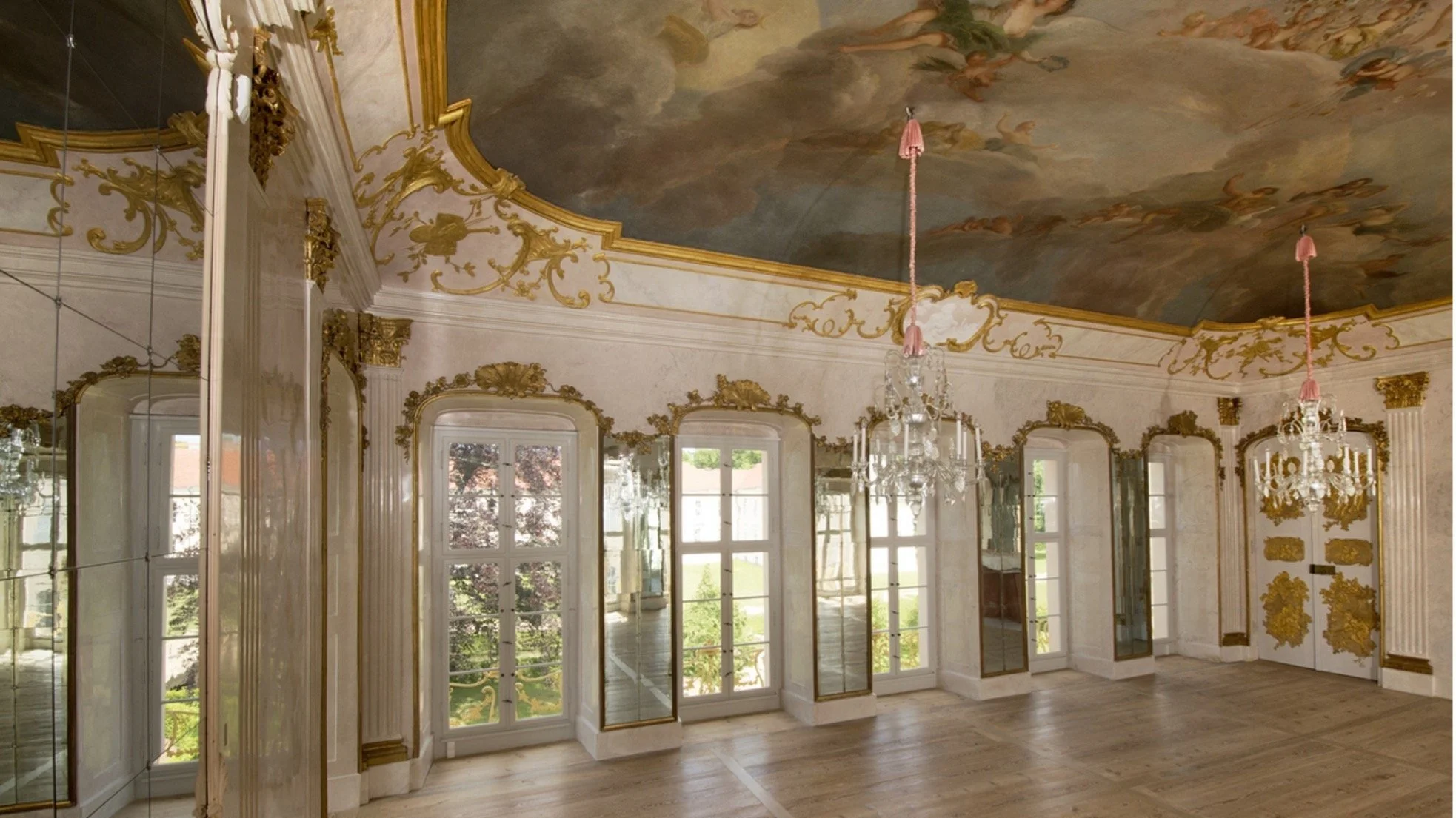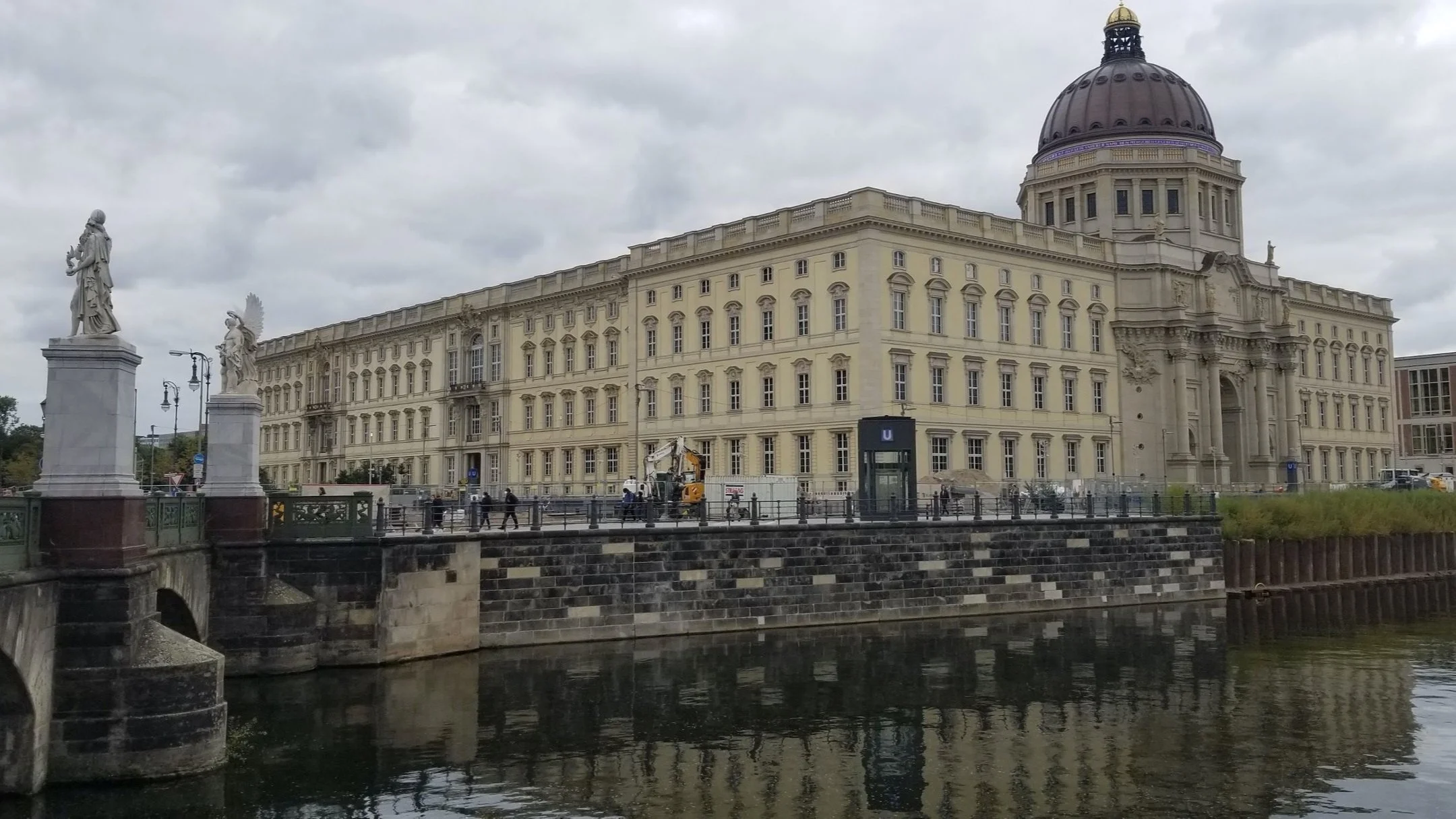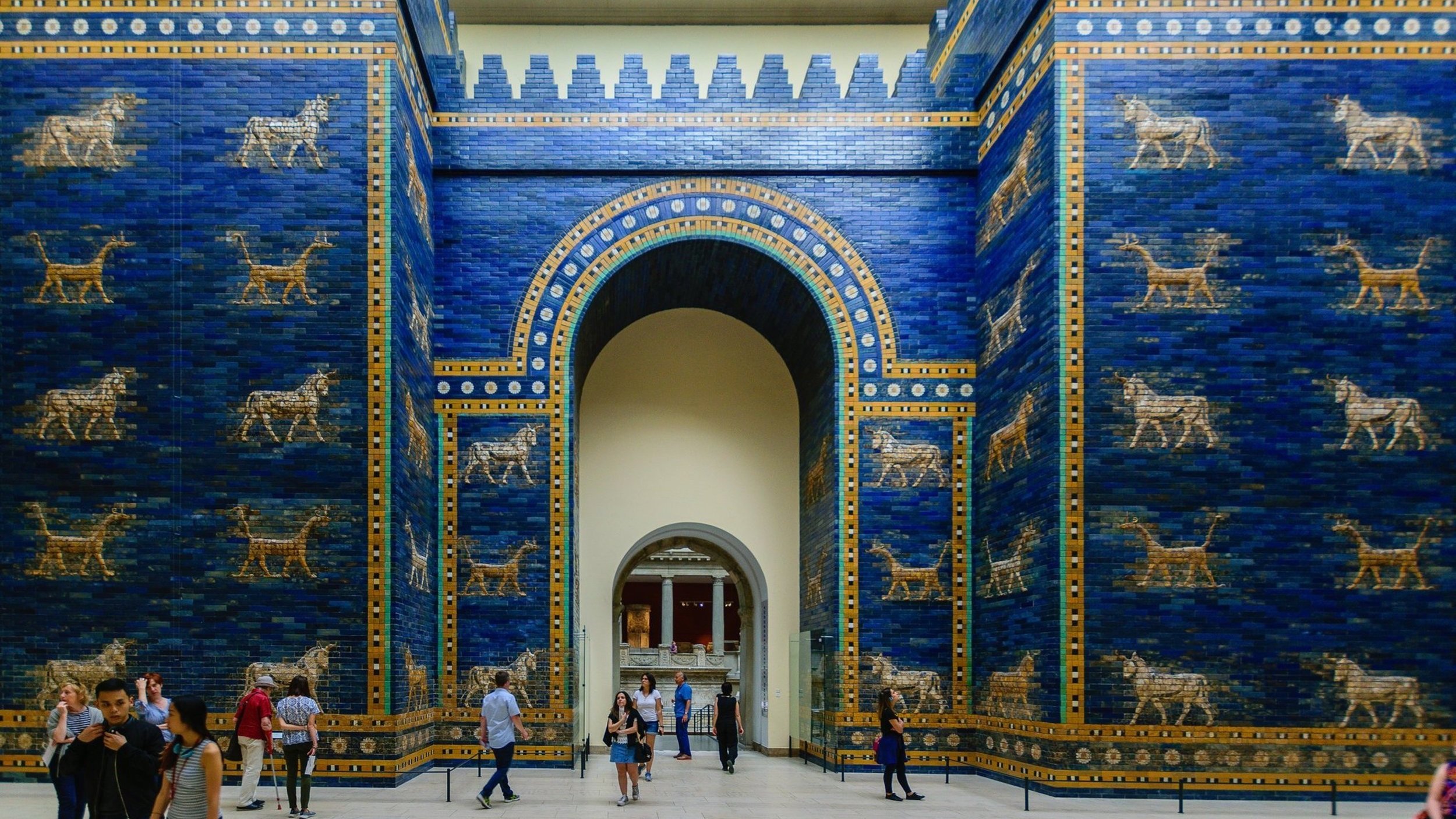Travel in the Time of Covid
So much has changed in the last eighteen months or so. Most musicians have not been performing except on their own and much collective music-making has happened over Zoom. Those of us who travel around the globe to give concerts have stayed at home, sometimes taking up hobbies or finally being able to read those long novels that have been sitting on the nightstand, sometimes for years. I feel that I’ve been one of the lucky ones. Since August 2020, I have been a regular guest with several orchestras in the USA, as well as teaching at Juilliard, and doing some most enjoyable recordings with the Cantata Collective here in the Bay Area. Starting last June, I have also been able to travel abroad on a couple of occasions, so my life feels as if it is slowly returning to normal. I know that many people have been wary of flying but my experiences once up in the air have been really pleasant, nicer indeed than before the pandemic. I can’t always say the same about airports which have sometimes been overcrowded and, especially in Europe, the amount of checks and form-filling has bordered on the ridiculous. In one twelve-day period when I was in Germany, I had to have eight Covid tests, each one administered with a little more enthusiasm than I thought was strictly necessary. But looking on the bright side, I did get to revisit some of my favourite places in Europe and to experience, once more, delights that I had missed.
In September, I finally got back to our place in Glasgow, Scotland. The weather for the most part was glorious, and I was able to catch up with many good friends whom I had not seen, except over Zoom, since New Year 2020. Our flat is directly opposite the Botanical Gardens which has the most wonderful Victorian greenhouses.
Their collection of begonias is stupendous.
Happily, many of our favourite restaurants were open both for indoor dining and take-away. The Ubiquitous Chip in Glasgow’s fashionable West End is as good as ever. Their fish dishes are superb, as well as the venison haggis, and a wine list longer than the New Testament. Also, the ambience is perfect; it’s like dining in a conservatory. Here is a photo.
Glasgow is also famous for some spectacular Indian restaurants of which our favourites are Balbirs and Mother India.
Mother India has the best Butter Chicken that I know. Here is a video on how to make it (above).
Goan Fish Curry
Balbirs has a terrific Goan Fish Curry. This is a recipe from the BBC which comes close. Serves 4.
Ingredients
650g/1lb 7oz sea bream, monkfish, cod or haddock, cut into thick steaks (see tip)
¼ tsp ground turmeric
pinch salt
For the paste
70g/2½oz fresh or frozen coconut, grated
1 tsp ground turmeric
5mm/¼in fresh root ginger, peeled and roughly chopped
1 tsp mild chilli powder
2 bird’s-eye chillies (use 1 if you prefer it less spicy)
For the curry
3 tbsp vegetable oil
1 tsp sugar
150ml/5fl oz coconut milk
1 tsp tamarind paste
salt and freshly ground black pepper
chopped fresh coriander, to garnish
Method
Place the fish on a plate and sprinkle with the turmeric and salt. Mix well and set aside.
For the paste, add all the ingredients to a blender or food processor along with 100ml/3½fl oz water and blend to a smooth paste.
To make the curry, heat the oil in a large saucepan over a medium heat. Add the onions and fry for 10–12 minutes until softened and coloured slightly. Stir well and add the paste. Fry for 3–4 minutes until the paste dries out. Now add 100ml/3½fl oz water, season with salt and pepper and add the sugar. Stir well and add the fish to the pan. Give the saucepan a swirl so you don't break the fish steaks. Turn the heat to low and simmer with the lid on for 4 minutes. Add the coconut milk and tamarind paste. Stir gently and continue to simmer for 8–9 minutes until the fish is completely cooked.
Whisky Cocktails
When in Scotland, it is very nice to make cocktails that use whisky instead of gin. Here are a few that we like a lot.
Affinity Cocktail
For a well-balanced Affinity, you may want to go with a blended Scotch or those that are mellow like single malts from the Lowlands, Highlands, or Speyside.
Ingredients
1 1/2 ounces Scotch whisky
1/2 ounce dry vermouth
1/2 ounce sweet vermouth
2 dashes orange bitters
Steps to Make It
Gather the ingredients.
In a mixing glass filled with ice cubes, pour the scotch, dry and sweet vermouth, and orange bitters.
Strain into a chilled cocktail glass.
Serve and enjoy.
The Godfather Cocktail
Three parts Scotch Whisky to one part Amaretto. Serve over ice.
Rob Roy
Make your beloved Manhattan but substitute Scotch Whisky for Bourbon or Rye.
Smoky Martini
Choose your favourite gin but instead of adding Vermouth substitute a dash of a peaty Scotch such as Glenlivet. A twist of lemon looks nice in the glass.
After ten sunny days in Scotland, I flew to Germany to take part in the 100th Anniversary of the Göttingen Handel Festival. Because of Covid, the celebrations had to be postponed for eighteen months but it was well worth the wait. I missed the opera, which I gather had terrific singers and was wonderfully directed by Laurence Cummings, my successor as Artistic Director. My sole task was to conduct part of the Gala Concert which I shared with Laurence and his successor George Petrou. Like all Gala events, it was perhaps a bit too long, but it was great to work with the orchestra again. Being back in Göttingen after a gap of some years was very nostalgic. Some friends had left the city, sadly some had passed away, but there were so many whom it was a joy to see again. I was at my favourite hotel, Gebhards, where I have been staying for nearly forty years.
Their restaurant makes the best Wiener Schnitzel I’ve ever had. Made with veal, of course, with rösti potatoes, a cucumber salad and cranberry compote, it is a classic!
German/Hungarian Cucumber Salad
Here is a recipe for a typical German/Hungarian cucumber salad.
2 English Cucumbers sliced very thinly
1 Teaspoon of salt
2 teaspoons of white sugar
2 Tablespoons of white vinegar
Two dollops of sour cream
1 Teaspoon dried dill
1 Teaspoon dried parsley
Decorate with a teaspoon of Hungarian paprika
I sometimes omit the sour cream and usually use fresh herbs. It is important to let the salad rest for about 30 minutes in the fridge before serving.
While in Göttingen it was great to have time simply to wander about town; flanieren as the Germans would say. Many of the same cafés were still there, as was my favourite wine shop in the world! Bremer’s was founded in 1786, the year that Mozart wrote Figaro. In the family house on the city walls, they still have the record book of wine sales from when they opened. It is a fascinating document, as you can imagine, and is full of famous names.
The final part of my German jaunt was in Brandenburg and Berlin. My first stop was in a little place called Rheinsberg, which is about seventy miles north of Berlin. What makes this spot special is the most beautiful palace nestled beside a charming lake.
The palace had been home to Frederick of Prussia before he became king. He always said how happy he had been there. He began to give concerts there in a lovely music room, a tradition that still continues.
In 1752, Frederick gave the palace to his youngest brother, Heinrich, who was as cultured as he. Heinrich eventually built a theatre close to the palace which unfortunately was extensively damaged during WWII. It is now back in use and I hope to conduct an opera there in a few years.
Mohnpielen
One thing that I love about the desserts of this region and further east in Silesia is their wonderful use of poppy seeds. Mohnpielen is a Christmas speciality but for me it is simply too good not to have at other times of the year. The details of the recipe vary from place to place but here is a basic one.
Ingredients
Raisin bread or other sweet bread sliced, about 1/2" thick or pre sliced from the bag, about 6 slices
250 g poppy seeds, ground
1 litre 2% milk
1 big pat butter (1/4 stick or so)
150 g dried mixed fruit, soaked overnight in 60 ml orange brandy, rum is a possible substitute
1 tablespoon vanilla
1 teaspoon cinnamon or lebkuchen spice
150 g sugar
150 g coarsely chopped nuts, almonds, walnuts, divided 2/3 for recipe, 1/3 for decoration
Some recipes only use raisins and stale white bread rather than mixed fruit with raisin bread. I like the addition of vanilla but prefer to reduce the amount of cinnamon slightly.
Soak the fruit over night.
Cooking
Bring the milk with butter, sugar and spices to a simmer, stirring constantly.
Add the poppy seeds, fruit with their alcohol and the 2/3 nuts.
Stirring constantly simmer for about 10 min. The mix thickens while simmering.
Take off the heat and let rest for 30 min, will thicken more as the seeds absorb liquid and swell.
Assembly
In a glass bowl lay down a layer of the stale bread.
Ladle poppy mix over it to cover completely. A nice layer about the same thickness of the bread slice.
Another layer of bread topped by another layer of poppy mix.
Repeat...end with a layer of poppy mix.Tap the bowl on the counter gently to firm and settle the mix.
Sprinkle the rest of the nuts on top for decoration.
Let cool on the counter and then place in the fridge for 24 to 48 hrs. Can be served with a dollop of whipped cream on top.
The last weekend of my German jaunt was spent in Berlin. I hadn’t been for about two years and since it was raining cats and dogs on my previous visit I didn’t see very much. On this trip the weather was much nicer and so I got to go exploring without getting drenched. To walk down Unter den Linden is truly exhilarating. The grand buildings and palaces have been restored to their former glory making Berlin one of the most imposing capital cities in the world. At the end of the street is the newly restored Palace. It had suffered badly in the war and then the East German government were only interested in pulling down what was left. But this is what it looks like now (see photo above).
Can’t wait to go inside on a future visit. I did go to the Pergamon Museum which is one of the wonders of the world. I had been there before when it was in the DDR and each room seemed only to be lit by one dim lightbulb. How different it is now.
After a perfect Italian dinner with my pals Maximilian and Dávid Benz, I went to the spiffy new Berlin Airport to begin the trek back to California. It was a wonderful trip made extra special because of being housebound for so long. Let’s hope that for all of us, travel in 2022 will become normal again and that we can see and sample more of what this amazing world has to offer.

